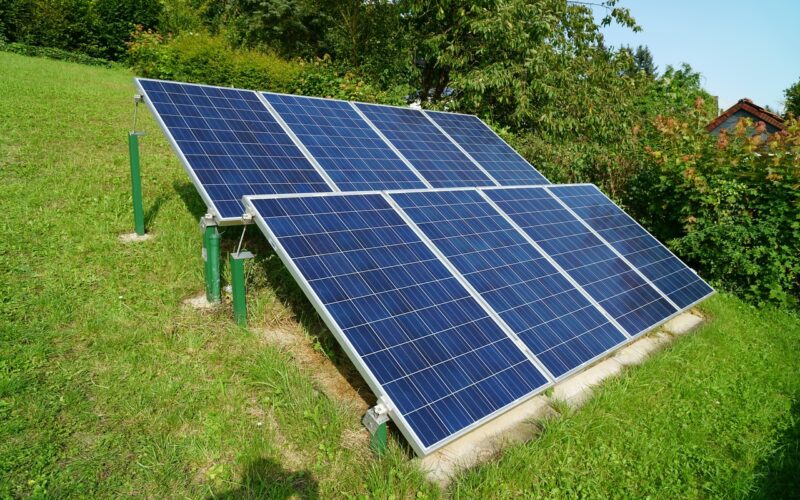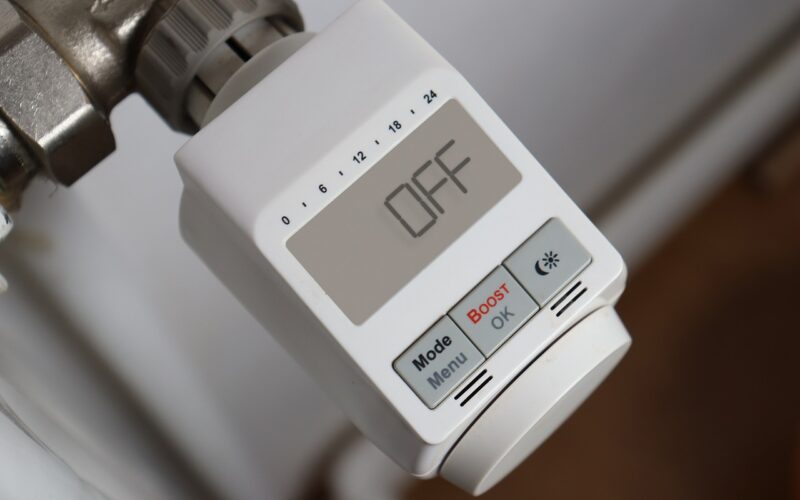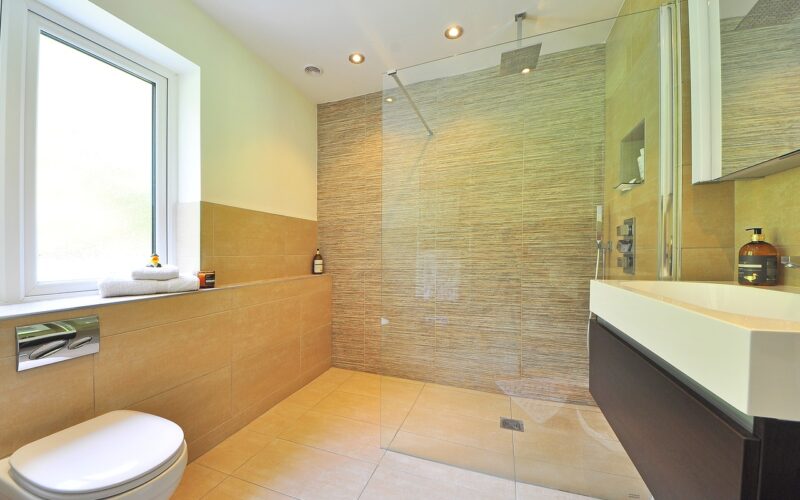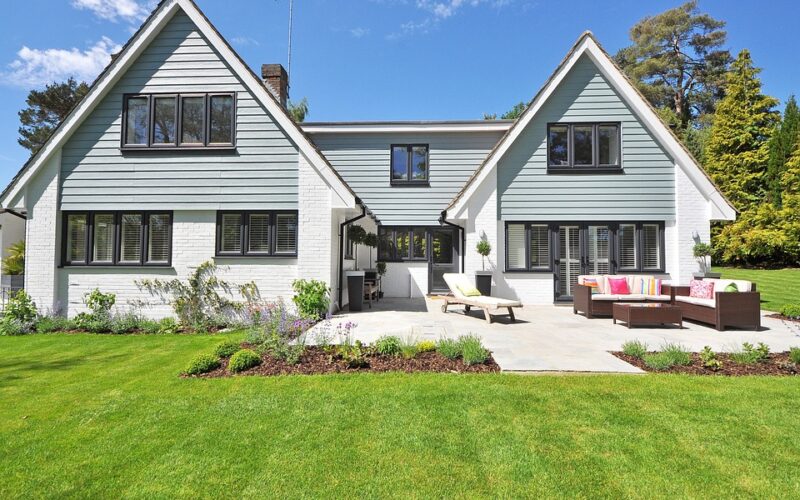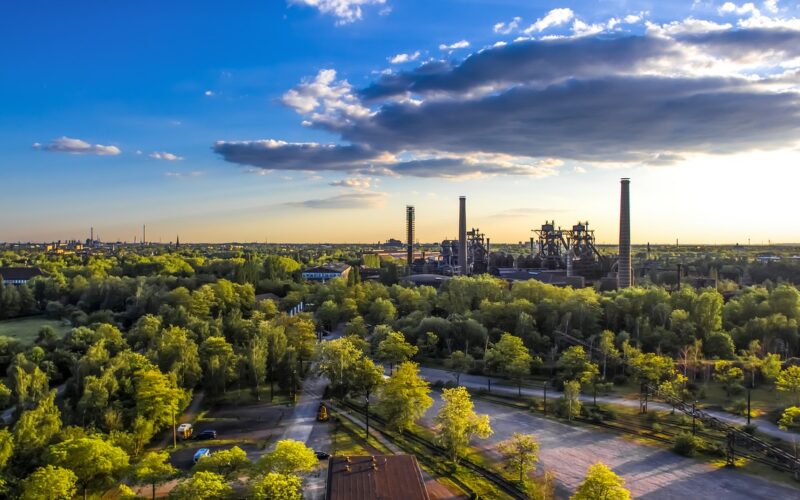Beautiful Green Home
Designing and living in a sustainable and eco-friendly home is not only beautiful, but also beneficial for the environment and your own well-being.
Such homes are constructed using renewable energy sources and sustainable materials, thereby reducing carbon emissions and protecting natural resources. In addition to the environmental impact, eco-friendly homes offer a comfortable living space with improved air quality, temperature control and lower utility bills.
Aside from the tangible benefits, living in a sustainable home is a great way to reduce one's carbon footprint and make a positive contribution towards a healthier planet.
With a renewed focus on environmentally conscious living, sustainable homes are quickly becoming the future of home design.
Eco-friendly homes
Eco-friendly homes, also known as green homes, are becoming increasingly popular among homeowners.
These homes are designed to reduce the negative effects on the environment and improve overall energy efficiency. They are built with materials that have a low environmental impact, such as recycled or renewable materials.
Additionally, eco-friendly homes feature energy-efficient appliances, lighting, and heating systems, which helps to significantly reduce electricity and water bills. Some even incorporate renewable energy sources like solar panels.
While eco-friendly homes tend to have a higher upfront cost than traditional homes, they often pay for themselves in savings on utility bills in the long run.
Overall, eco-friendly homes are a sustainable housing option that prioritizes the health of the environment and the homeowner's wallet.
Living in an eco-friendly home
Living in an eco-friendly home is not only a responsible choice, but it also has numerous benefits. For starters, an eco-friendly home is designed to conserve energy, which translates to lower utility bills.
Additionally, eco-friendly homes are made using environmentally friendly materials that are non-toxic, which promotes healthier living conditions. In essence, living in an eco-friendly home significantly reduces your carbon footprint, thereby contributing to the fight against climate change.
Studies have also shown that eco-friendly homes increase property value and can be sold at a higher price. As an added bonus, the use of renewable energy sources such as solar panels ensures that you never have to worry about power outages or being left in the dark during natural disasters.
By choosing to live in an eco-friendly home, you are not only investing in your future but also making a positive impact on the environment and your community.
Solar energy as a sustainable source of power
As concerns about the environment continue to grow, more and more people are turning to solar energy as a solution to our power needs. Solar energy is a sustainable source of power that harnesses the sun's energy and converts it into electricity.
Unlike fossil fuels, solar energy is abundant, renewable and produces no emissions or pollution. It can be used to power homes, businesses and even entire cities. The growth of solar power has been remarkable in recent years, and with advances in technology, it has become more efficient and affordable than ever before.
Solar energy offers a promising way forward towards a cleaner, greener future for us all.
Grey water system
Installing a grey water system is an environmentally-friendly and cost-effective way to reuse water from your household for irrigation and toilet-flushing.
Grey water systems collect water that has been used in your laundry, bathroom sinks, and showers, and then treat it to eliminate any pollutants before it is reused.
By installing a grey water system, you can significantly reduce your water usage, save money on your water bill, and help protect the environment by conserving water resources. It is important to note that regulations on grey water vary by state and municipality, so it is crucial to research and adhere to local guidelines when installing a system.
With proper installation and maintenance, a grey water system can provide long-term benefits for you and the planet.
Types of water filtration
When it comes to choosing the right water filtration media for your grey water system, it can be overwhelming with all the various options available.
Some of the most common types of media include silica sand and recycled glass, which are excellent options for environmentally conscious consumers.
Silica sand effectively filters out particles, while recycled glass is an eco-friendly alternative that provides similar filtration capabilities. It's important to consider the quality and source of the media, so working with a reputable silica sand supplier is crucial in ensuring the efficiency and longevity of your filtration system.
By selecting the appropriate water filtration media, you can ensure a cleaner, safer, and more sustainable water supply.
Heat source pumps
Many homeowners are looking for ways to cut down on energy bills while maintaining a comfortable living space. One solution that has been gaining popularity is heating source pumps.
These pumps work by transferring heat from outside into the home during cold weather and vice versa during hot weather, providing an efficient method of climate control. Unlike traditional heating methods that rely on expensive fuels like gas or oil, source pumps require only electricity to operate, resulting in significant cost savings over time.
Additionally, these pumps are environmentally friendly, as they do not emit harmful gases and do not require the constant disposal of fossil fuels. By opting for a heating source pump, homeowners can enjoy both financial and environmental benefits while staying cosy in their homes.
Insulating your home
Insulating your home for energy efficiency is one of the most effective ways to save money on utility bills and reduce your carbon footprint.
Poor insulation can cause warm air to escape during the winter and cool air to leak out during the summer, leading to higher energy costs and unnecessary strain on heating and cooling systems.
By properly insulating your home, you can improve your comfort level while also reducing your energy consumption. There are several different types of insulation materials, including fiberglass, cellulose, and spray foam, each with their own unique benefits.
Whether you opt for DIY installation or professional services, insulating your home is a smart investment that can pay off in the long run.
